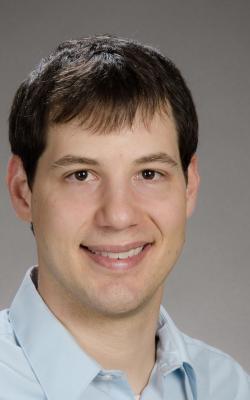Benjamin Henry Gern, MD
Assistant Professor
The Gern lab focuses on the characterizing spatially organized host-pathogen interactions, with a particular focus on the immune response to Mycobacterium tuberculosis (Mtb). Tuberculosis, the disease caused by Mtb kills 1.2 million people per year and causes significant morbidity (>50 million DALYs) even after successful treatment, largely due to destructive lung pathology. We need to develop improved vaccines and treatments to combat tuberculosis and to do so, we need a better understanding of what is happening at the epicenter of infection: the pulmonary lesion.
The lab investigates host-pathogen interactions within the pulmonary lesion, with the ultimate goal of informing the design of improved treatments and vaccines. We utilize a combination of physiologic mouse models, human tissues, advanced immunologic tools, and cutting-edge quantitative imaging to pursue questions anchored in evaluating spatially resolved host-pathogen interactions as they occur in tissue. Current projects in the lab involve: 1) dissecting immune mechanisms governing lung destruction; 2) elucidating the role of non-hematopoietic cells in TB disease; and 2) evaluating a host-directed therapy to shorten treatment and improve pathology, which has led to talks towards advancement in clinical trials.
